John Rylands Library
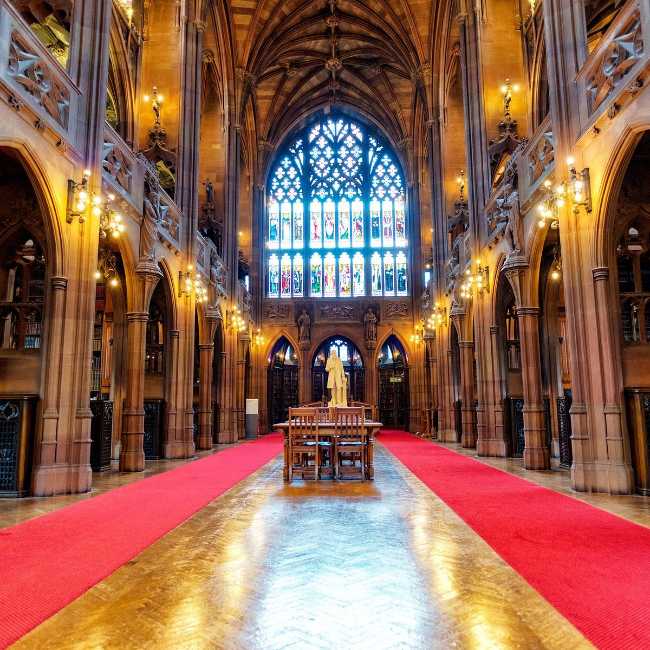
The John Rylands Library, located on Deansgate in Manchester, is a masterpiece of neo-Gothic architecture and one of the city’s most iconic cultural landmarks. Opened to the public in 1900, it was founded by Enriqueta Augustina Rylands in memory of her husband, John Rylands, a prominent industrialist. Now part of The University of Manchester Library, it houses one of the finest collections of rare books, manuscripts, and archives in the UK. Visitors are drawn not only to its scholarly treasures but also to its breathtaking interiors, including the vaulted reading room, intricate stonework, and stained glass windows. The library regularly hosts exhibitions, events, and research initiatives, making it a vibrant hub of learning and discovery. Admission is free, and the building remains a testament to Victorian ambition, philanthropy, and the enduring power of knowledge.
Manchester United KingdomThe John Rylands Library is located at 150 Deansgate in Manchester city centre, postcode M3 3EH. This iconic neo-Gothic building, part of the University of Manchester, stands out for its stunning Victorian architecture and houses one of the UK’s most important collections of rare books, manuscripts, and archives. Visitors enter through a modern extension off Deansgate, which provides accessible facilities including lifts and an assisted entrance. The library is easily reachable by public transport, with nearby train stations including Manchester Piccadilly, Victoria, Oxford Road, and Deansgate, as well as the St Peter’s Square Metrolink tram stop just a short walk away. Nearby attractions include the vibrant Deansgate area, known for its shopping, dining, and nightlife options. The library’s central location places it close to Manchester’s key cultural and historic sites, such as the Manchester Cathedral and the Royal Exchange Theatre. Visitors can explore the city centre’s rich blend of heritage and modernity, making the John Rylands Library a must-visit destination for those interested in history, architecture, and literature. Admission is free, with exhibitions and guided tours offered regularly to enrich the visitor experience.
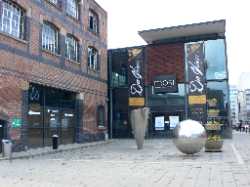 Science and Industry Museum
Manchester
Science and Industry Museum
Manchester
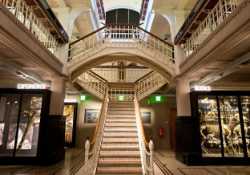 Manchester Museum
Manchester
Manchester Museum
Manchester
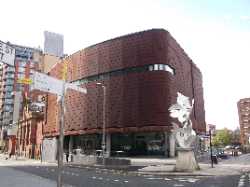 People’s History Museum
Manchester
People’s History Museum
Manchester
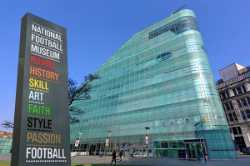 National Football Museum
Manchester
National Football Museum
Manchester
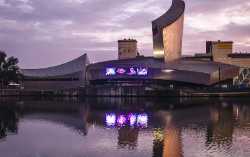 Imperial War Museum North
Manchester
Imperial War Museum North
Manchester
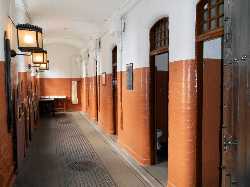 Greater Manchester Police Museum
Manchester
Greater Manchester Police Museum
Manchester
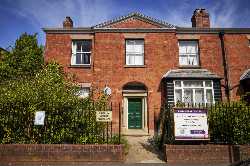 The Pankhurst Centre
Manchester
The Pankhurst Centre
Manchester
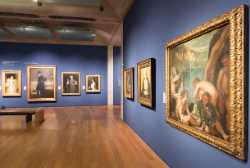 Manchester Art Gallery
Manchester
Manchester Art Gallery
Manchester
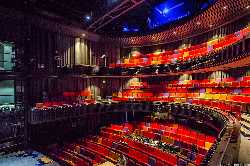 HOME Manchester
Manchester
HOME Manchester
Manchester
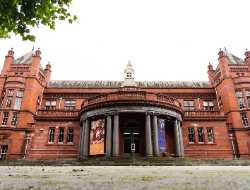 Whitworth Art Gallery
Manchester
Whitworth Art Gallery
Manchester
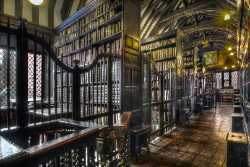 Chetham’s Library & Medieval Buildings
Manchester
Chetham’s Library & Medieval Buildings
Manchester
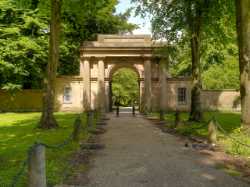 Heaton Park
Manchester
Heaton Park
Manchester
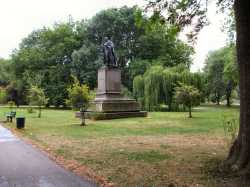 Whitworth Park
Manchester
Whitworth Park
Manchester
 Fletcher Moss Botanical Garden
Manchester
Fletcher Moss Botanical Garden
Manchester
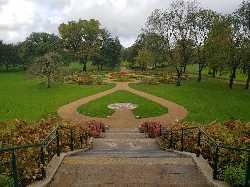 Peel Park
Manchester
Peel Park
Manchester
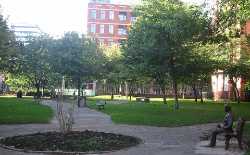 Sackville Gardens
Manchester
Sackville Gardens
Manchester
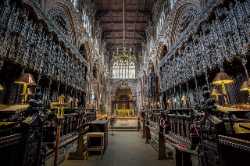 Manchester Cathedral
Manchester
Manchester Cathedral
Manchester
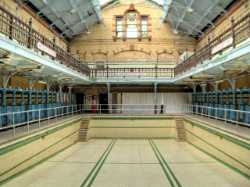 Victoria Baths
Manchester
Victoria Baths
Manchester
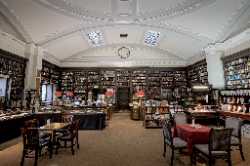 Portico Library
Manchester
Portico Library
Manchester
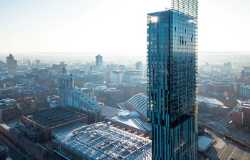 Beetham Tower
Manchester
Beetham Tower
Manchester
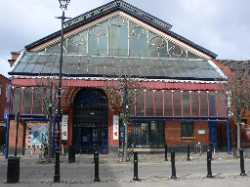 Manchester Craft and Design Centre
Manchester
Manchester Craft and Design Centre
Manchester
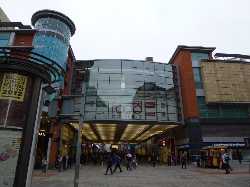 Arndale Market
Manchester
Arndale Market
Manchester
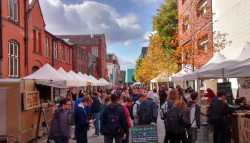 Levenshulme Market
Manchester
Levenshulme Market
Manchester
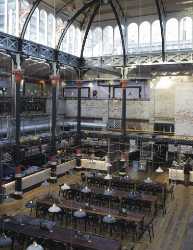 Mackie Mayor
Manchester
Mackie Mayor
Manchester
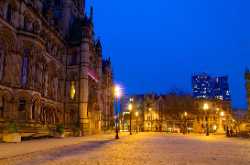 Albert Square
Manchester
Albert Square
Manchester
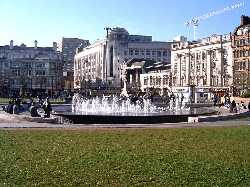 Piccadilly Gardens
Manchester
Piccadilly Gardens
Manchester
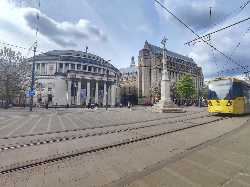 St. Peter’s Square
Manchester
St. Peter’s Square
Manchester
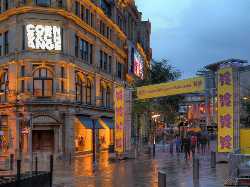 Exchange Square
Manchester
Exchange Square
Manchester
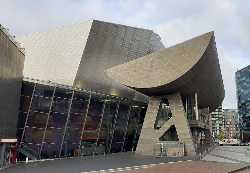 The Lowry
Manchester
The Lowry
Manchester
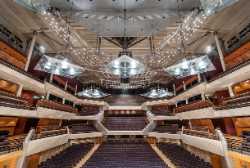 Bridgewater Hall
Manchester
Bridgewater Hall
Manchester
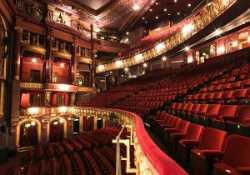 Palace Theatre
Manchester
Palace Theatre
Manchester
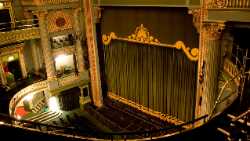 Opera House Manchester
Manchester
Opera House Manchester
Manchester
 Old Trafford Stadium
Manchester
Old Trafford Stadium
Manchester
 Etihad Stadium
Manchester
Etihad Stadium
Manchester
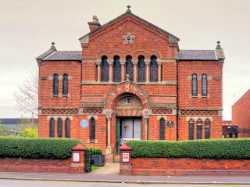 Manchester Jewish Museum
Manchester
Manchester Jewish Museum
Manchester
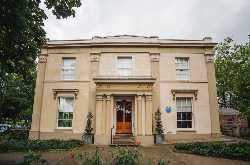 Elizabeth Gaskell’s House
Manchester
Elizabeth Gaskell’s House
Manchester
 Heaton Park Tramway Transport Museum
Manchester
Heaton Park Tramway Transport Museum
Manchester
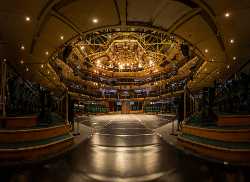 Royal Exchange Theatre
Manchester
Royal Exchange Theatre
Manchester
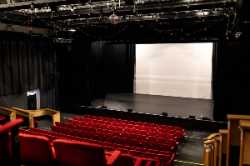 Contact Theatre
Manchester
Contact Theatre
Manchester
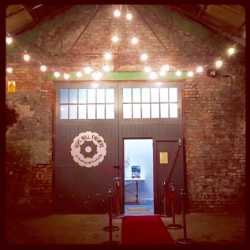 Hope Mill Theatre
Manchester
Hope Mill Theatre
Manchester
 Z-arts
Manchester
Z-arts
Manchester
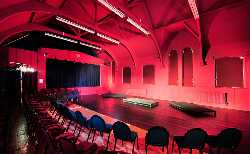 The Edge Theatre and Arts Centre
Manchester
The Edge Theatre and Arts Centre
Manchester
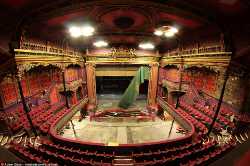 Hulme Hippodrome
Manchester
Hulme Hippodrome
Manchester
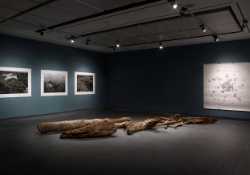 Esea contemporary
Manchester
Esea contemporary
Manchester
 Castlefield Gallery
Manchester
Castlefield Gallery
Manchester
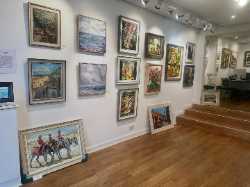 Contemporary Six
Manchester
Contemporary Six
Manchester
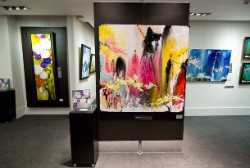 Whitewall Galleries
Manchester
Whitewall Galleries
Manchester
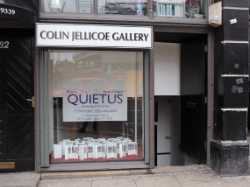 Colin Jellicoe Gallery
Manchester
Colin Jellicoe Gallery
Manchester
 Generation Gallery
Manchester
Generation Gallery
Manchester
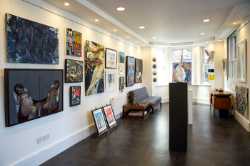 Saul Hay Gallery
Manchester
Saul Hay Gallery
Manchester
 Egoiste Gallery
Manchester
Egoiste Gallery
Manchester
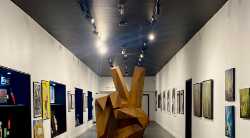 Smolensky Gallery
Manchester
Smolensky Gallery
Manchester
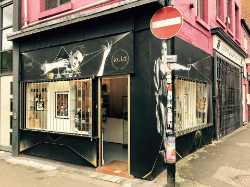 Kula Gallery
Manchester
Kula Gallery
Manchester
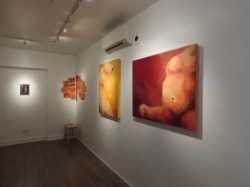 Saan1
Manchester
Saan1
Manchester